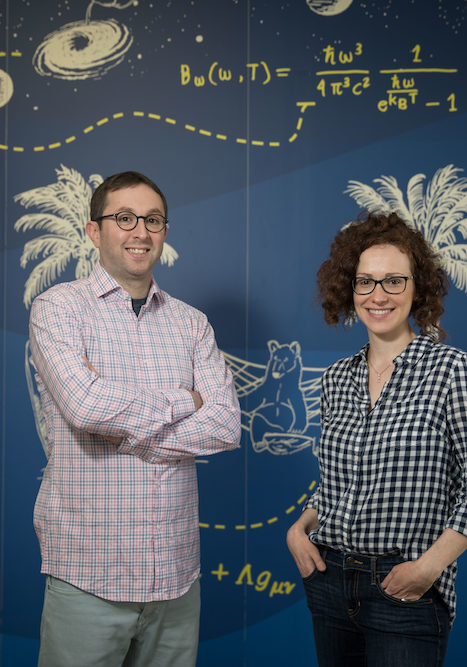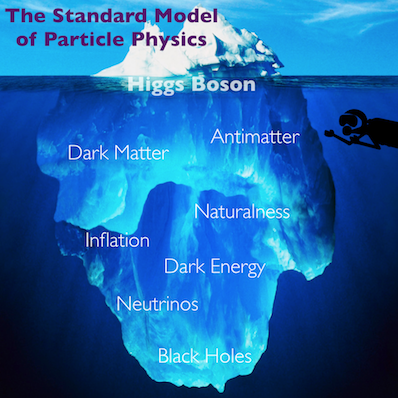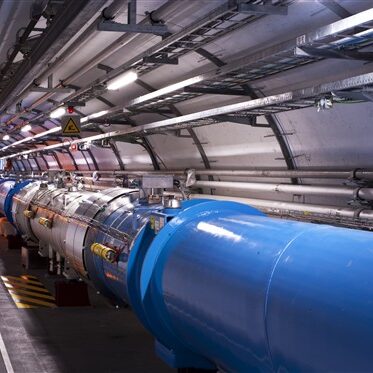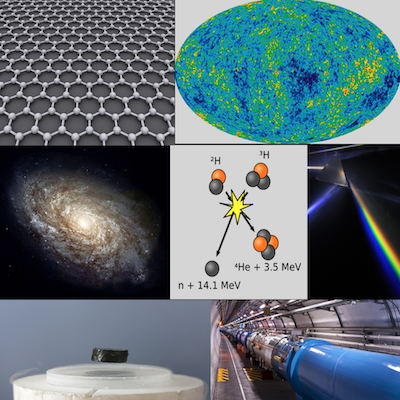Shalom!
We aim to address fundamental questions left unanswered by the Standard Model of particle physics: What are the dark matter particles of the Universe? Why does our world consist almost entirely of matter and not of anti-matter? Why is the mass of the weak force carriers so much smaller than the scale of gravity? These are several of many indications that there has to be new physics beyond the Standard Model. The Large Hadron Collider (LHC), operating at record-breaking energies, together with a host of astroparticle observatories, will teach us much in this regard.
Our research focuses on the phenomenology of such new particles and interactions, with particular emphasis on novel theoretical ideas and experimental signals at the LHC and other experiments. We study new ideas for the exploration of dark matter, proposing new theories of its particle identity, as well as novel experimental avenues to detect it on earth. Furthermore, we are extensively interested in non-standard theories of new physics and in the identification of exotic experimental signatures that have been overlooked, towards the goal of identifying the fundamental constituents of Nature.


Theory

Experiment
